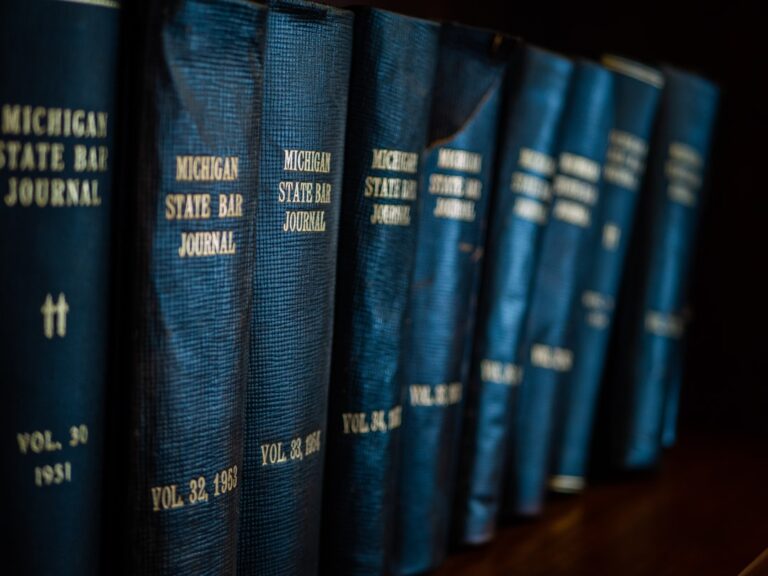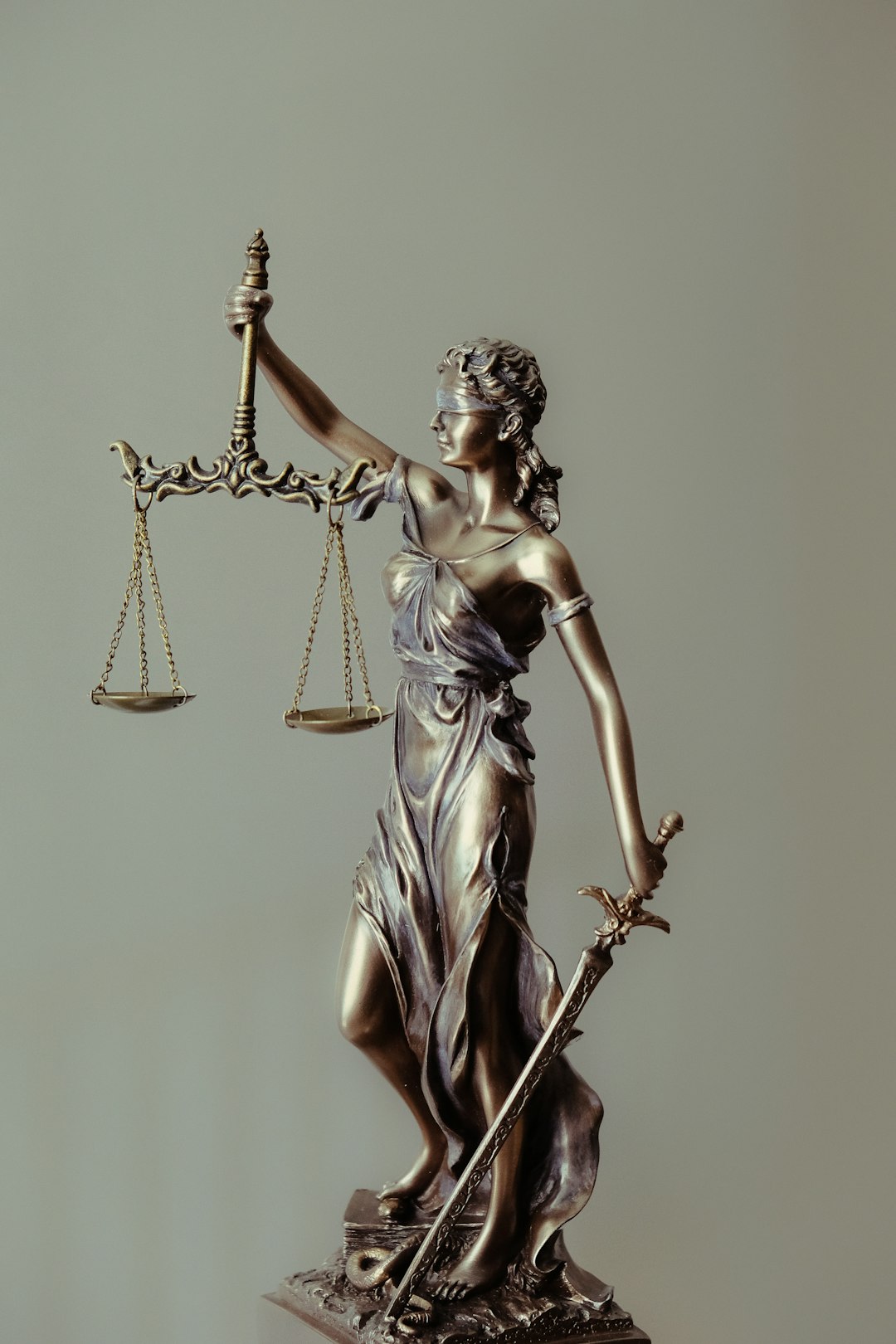Dropping charges against an accused person in Danbury, CT, leads to case dismissal but doesn't exonerate them; victims of serious crimes like rape should consult a specialized rape attorney Connecticut for legal guidance and protection. Even without charges, resources like counseling, protective orders, and support services are available. This decision impacts both parties, so seeking legal advice from a rape attorney Connecticut is crucial to understand rights and potential outcomes, including civil lawsuits or community repercussions. Local rape attorney Connecticut firms often partner with non-profits for affordable representation, ensuring victims' rights and trauma support.
In Danbury, Connecticut, the decision to drop charges in a criminal case, especially for serious crimes like rape, has profound implications. This article delves into the legal repercussions, exploring the rights and options available to both victims and accused. We analyze the impact on ongoing proceedings, potential consequences for the accused, and highlight support services in Danbury. For victims, understanding these dynamics is crucial when deciding whether to pursue justice with the aid of a rape attorney in Connecticut.
Legal Implications of Dropping Charges

If a victim decides to drop charges against an accused person in Danbury, Connecticut, it can have significant legal implications. While the decision is often personal and complex, it may lead to the dismissal of the case. This could result in no further legal consequences for the defendant, who would be released from any criminal liability associated with the alleged crime. However, a rape attorney in Connecticut might advise that dropping charges doesn’t necessarily expunge the incident from an individual’s record.
In cases involving serious crimes like rape, where the victim faces trauma and emotional distress, changing their mind during the legal process is not uncommon. In such instances, law enforcement and prosecutors must respect the victim’s autonomy while ensuring justice is served. A rape attorney in Connecticut can guide victims through this decision, explaining potential outcomes and ensuring their rights are protected throughout the legal journey.
The Victim's Rights and Options

In Danbury, Connecticut, if a victim decides to drop charges against their assailant, it doesn’t mean justice ends there. The victim still retains several rights and options. They can choose to consult with a rape attorney in Connecticut who specializes in sexual assault cases. These legal professionals are equipped to guide victims through the complexities of the legal system and offer support tailored to their unique circumstances.
Additionally, victims can opt for protective orders to ensure the safety of themselves and their loved ones from potential harm. They may also decide to participate in support services and counseling to heal emotionally from the trauma they’ve experienced. It’s crucial to remember that while dropping charges is a personal decision, it doesn’t diminish the severity of the crime or the victim’s right to seek justice and healing in other ways.
Impact on Criminal Proceedings

If a victim decides to drop charges against an accused person in Danbury, Connecticut, it significantly impacts the ongoing criminal proceedings. This decision can lead to the dismissal of the case, effectively halting the legal process. However, it’s crucial to understand that dropping charges does not automatically clear the accused. As long as there is sufficient evidence, the case can be reopened or referred to a different prosecutor who might decide to pursue the charges again.
In cases involving serious crimes like rape, where a rape attorney in Connecticut plays a pivotal role, the victim’s decision to drop charges doesn’t diminish the potential consequences for the accused. The legal system remains committed to ensuring justice, and the burden of proof lies with the prosecution. Thus, even if charges are dropped, the accused could still face legal repercussions, making it imperative to consult a seasoned rape attorney in Connecticut for guidance throughout the process.
Potential Consequences for the Accused

If a victim decides to drop charges against an accused person in Danbury, Connecticut, it can have significant implications for both parties involved. In terms of the accused, dropping charges does not necessarily mean they are cleared of all wrongdoings or that the case is over. A rape attorney in Connecticut may still advise their client to cooperate fully with law enforcement and the court process, even if the victim has chosen to withdraw. The accused could still face legal consequences, such as a civil lawsuit from the victim or potential repercussions from community organizations, especially if there’s strong evidence of criminal activity.
Additionally, the decision by the victim to drop charges might impact the credibility of their claim, potentially affecting any future cases involving similar circumstances. It’s important to remember that while dropping charges is a valid option, it doesn’t guarantee an end to the matter and both parties should seek legal guidance from a rape attorney in Connecticut to understand their rights and potential outcomes.
Support Services Available in Danbury, CT

If someone decides to drop charges after reporting a crime like rape in Danbury, Connecticut, it’s essential to understand that support services are available to help them navigate this challenging time. The city offers various resources for victims, including counseling and legal aid. For instance, local rape attorney Connecticut firms often collaborate with non-profit organizations to provide free or low-cost representation, ensuring the victim’s rights are protected throughout the process.
These support services aim to empower victims and help them cope with the aftermath of such traumatic events. Counseling sessions can assist individuals in processing their emotions, while legal aid can offer guidance on potential consequences and ensure any ongoing legal matters are handled sensitively and competently.






